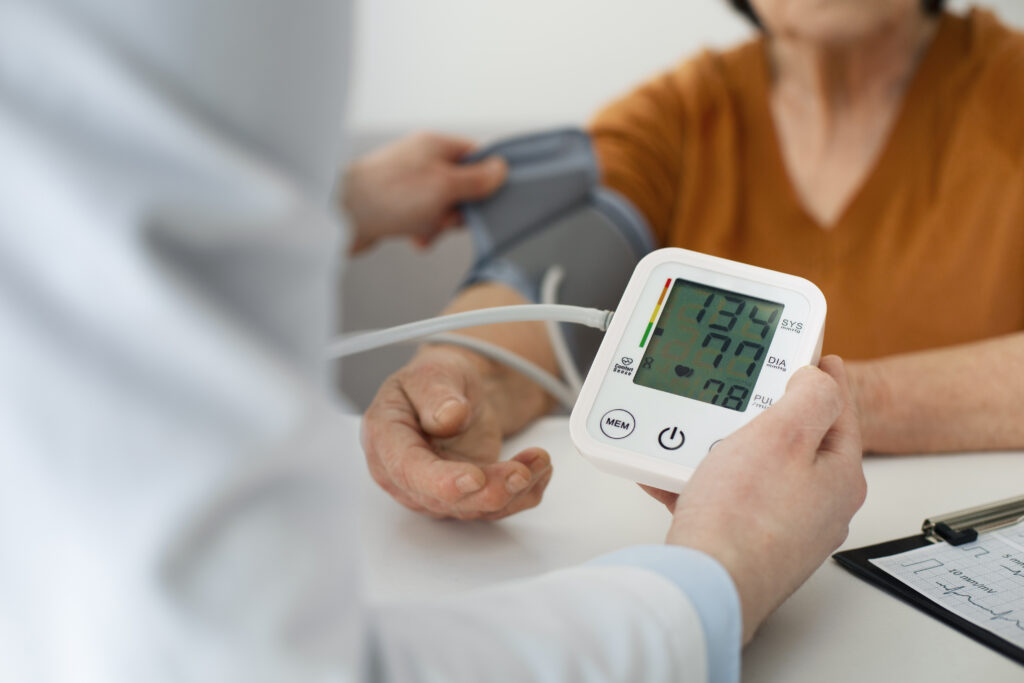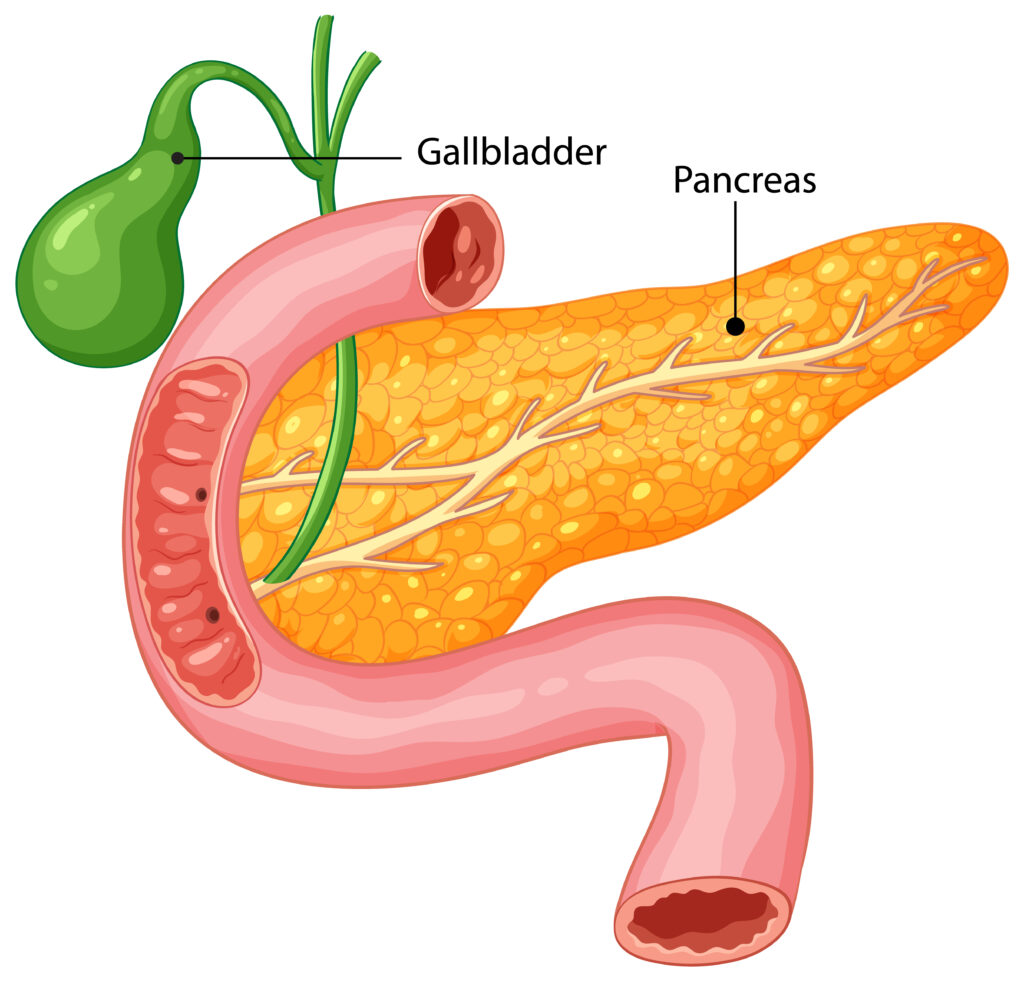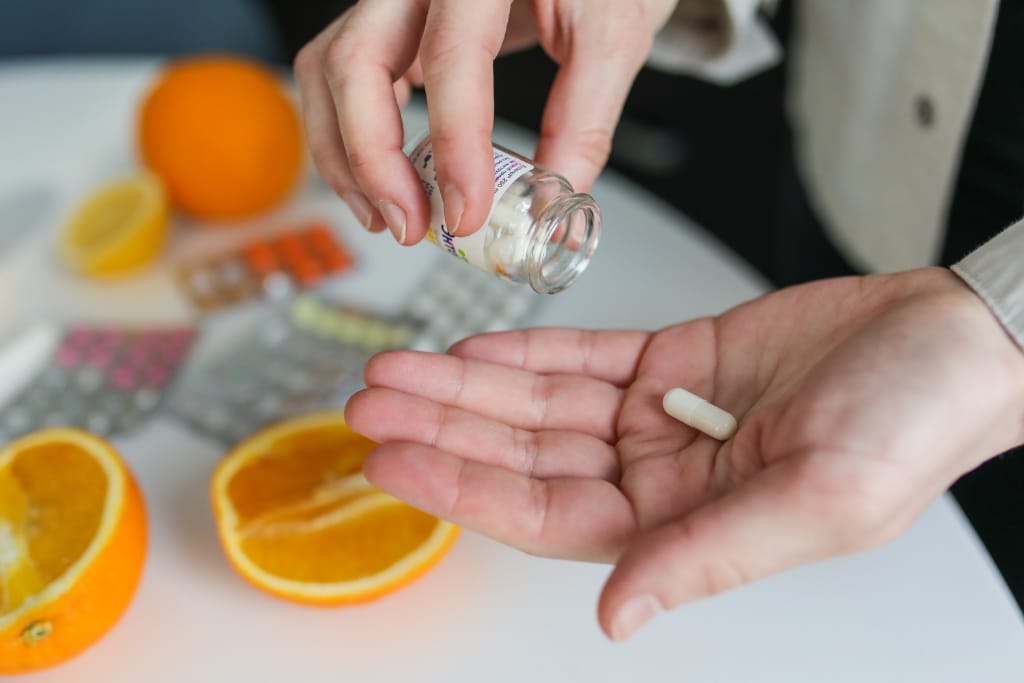Introduction:
High blood pressure also known as hypertension is one of the most common health conditions worldwide. It is often called a silent killer because many people don’t realize they have it until serious complications arise. Understanding the symptoms, causes and treatments of high blood pressure is crucial for preventing long-term health risks.
In this guide, we will break down everything you need to know about high blood pressure, from early warning signs to treatment options and answer some of the most frequently asked questions.
What is High Blood Pressure?
Blood pressure is the force of blood pushing against the walls of your arteries. When this pressure stays too high for a long time, it puts extra strain on your heart, blood vessels and other organs.
- Normal blood pressure – 120 – 80 mmHg or lower.
- Elevated blood pressure – 120 – 129 / less than 80 mmHg.
- Hypertension (High Blood Pressure) – 130/80 mmHg or higher.
Doctors often use the ICD-10 code for high blood pressure (I10) to classify the condition in medical records.
High Blood Pressure Symptoms
Most people with high blood pressure have no obvious symptoms, which makes regular screening so important. However, some people may notice signs such as
- Frequent headaches or hypertension headaches.
- Fatigue and weakness (will high blood pressure make you tired? Yes, in some cases).
- Dizziness or blurred vision.
- Chest pain or shortness of breath.
While these symptoms may occur, they often appear when blood pressure is dangerously high or complications develop.
What Causes High Blood Pressure?
There is not always one single cause but several risk factors increase the likelihood of developing hypertension. Common causes include:
- Genetics – family history of hypertension.
- Unhealthy diet – high in sodium, processed foods or sugar.
- Lack of physical activity.
- Being overweight or obese.
- Stress and poor sleep quality.
- Excessive alcohol or smoking.
- Underlying medical conditions – kidney disease, diabetes or hormonal imbalances.
What Causes High Blood Pressure in Young Adults?
While hypertension is often associated with older adults, more young adults are being diagnosed. Reasons include:
- High intake of energy drinks and processed foods.
- Sedentary lifestyle and increased screen time.
- Stress from school, work or financial issues.
- Obesity and poor sleep habits.
Early detection in young adults is crucial to prevent long-term heart disease.
Can Dehydration Cause High Blood Pressure?
Yes, dehydration can affect blood pressure. When you don’t drink enough water:
- Blood volume decreases.
- The body compensates by constricting blood vessels.
- This increases overall blood pressure.
Staying hydrated is a simple way to support healthy blood pressure levels.
Why is My Blood Pressure High in the Morning?
Many people notice that their blood pressure is higher in the morning. This happens because:
- Hormones like cortisol and adrenaline surge after waking.
- Morning stress or rushing may elevate blood pressure.
- Poor sleep or sleep apnea worsens morning hypertension.
- Skipping medication doses at night reduces effectiveness.
If morning hypertension continues, it may increase the risk of heart attack or stroke. Always monitor and consult your doctor.
Cold Medicine and High Blood Pressure
If you have high blood pressure, be careful with cold medicines. Many over-the-counter cold and flu products contain decongestants like pseudoephedrine or phenylephrine which can raise blood pressure.
Safer options for people with hypertension include:
- Saline nasal sprays.
- Antihistamines (without decongestants).
- Doctor-approved remedies.
Always check labels before taking medication.
Hypertension Headache Treatment
Headaches are a common complaint in people with high blood pressure. Managing them involves:
- Controlling blood pressure with prescribed medication.
- Staying hydrated.
- Reducing stress with relaxation techniques.
- Getting enough rest.
- Over-the-counter pain relief (only if approved by your doctor).
If headaches are severe or persistent, medical attention is necessary.
Treatment for High Blood Pressure
The good news is that hypertension is treatable and manageable with lifestyle changes and medications.
Lifestyle Changes
- Eat a heart-healthy diet rich in vegetables, fruits and whole grains.
- Reduce sodium (salt) intake.
- Exercise regularly (30 minutes most days of the week).
- Avoid smoking and limit alcohol.
- Maintain a healthy weight.
- Get 7 to 8 hours of quality sleep.
Medications
Doctors may prescribe one or more of these:
- Diuretics (help eliminate excess fluid).
- ACE inhibitors and ARBs (relax blood vessels).
- Calcium channel blockers.
- Beta-blockers.
Treatment plans are personalized based on age, risk factors and other health conditions.
Frequently Asked Questions:
- What is considered high blood pressure?
Blood pressure above 130 – 80 mmHg is classified as high. - Can dehydration cause high blood pressure?
Yes. Dehydration can reduce blood volume, leading to increased pressure on artery walls. - Why is my blood pressure high in the morning?
Hormonal changes, stress, poor sleep or missed medication doses can cause morning hypertension. - Will high blood pressure make you tired?
Yes, hypertension may cause fatigue due to reduced blood flow and strain on the heart. - What causes high blood pressure in young adults?
Lifestyle factors like poor diet, stress, obesity and lack of exercise are key causes. - Can I take cold medicine with it?
Avoid decongestants like pseudoephedrine. Use doctor-approved alternatives instead. - What are common symptoms of high blood pressure?
Headaches, dizziness, fatigue, chest pain and shortness of breath in severe cases. - What is the ICD-10 code for high blood pressure?
The ICD-10 code for essential hypertension is I10. - Can high blood pressure cause headaches?
Yes, uncontrolled hypertension can lead to headaches especially at the back of the head. - How can I lower my blood pressure naturally?
Eat a low-sodium diet, exercise, stay hydrated, reduce stress and maintain a healthy weight.
Conclusion:
High blood pressure is one of the most common yet preventable health risks. By understanding its causes, symptoms and treatment options, you can take steps to protect your heart and overall well-being.
If left untreated, hypertension can lead to serious complications like heart attack, stroke or kidney disease. The good news is that with healthy lifestyle changes, regular monitoring and proper medical care, blood pressure can be managed effectively.
If you ever wonder What causes my high blood pressure? or struggle with symptoms like hypertension headaches, fatigue or morning spikes, consult your doctor for personalized guidance. Early treatment and awareness are the keys to a healthier life.



